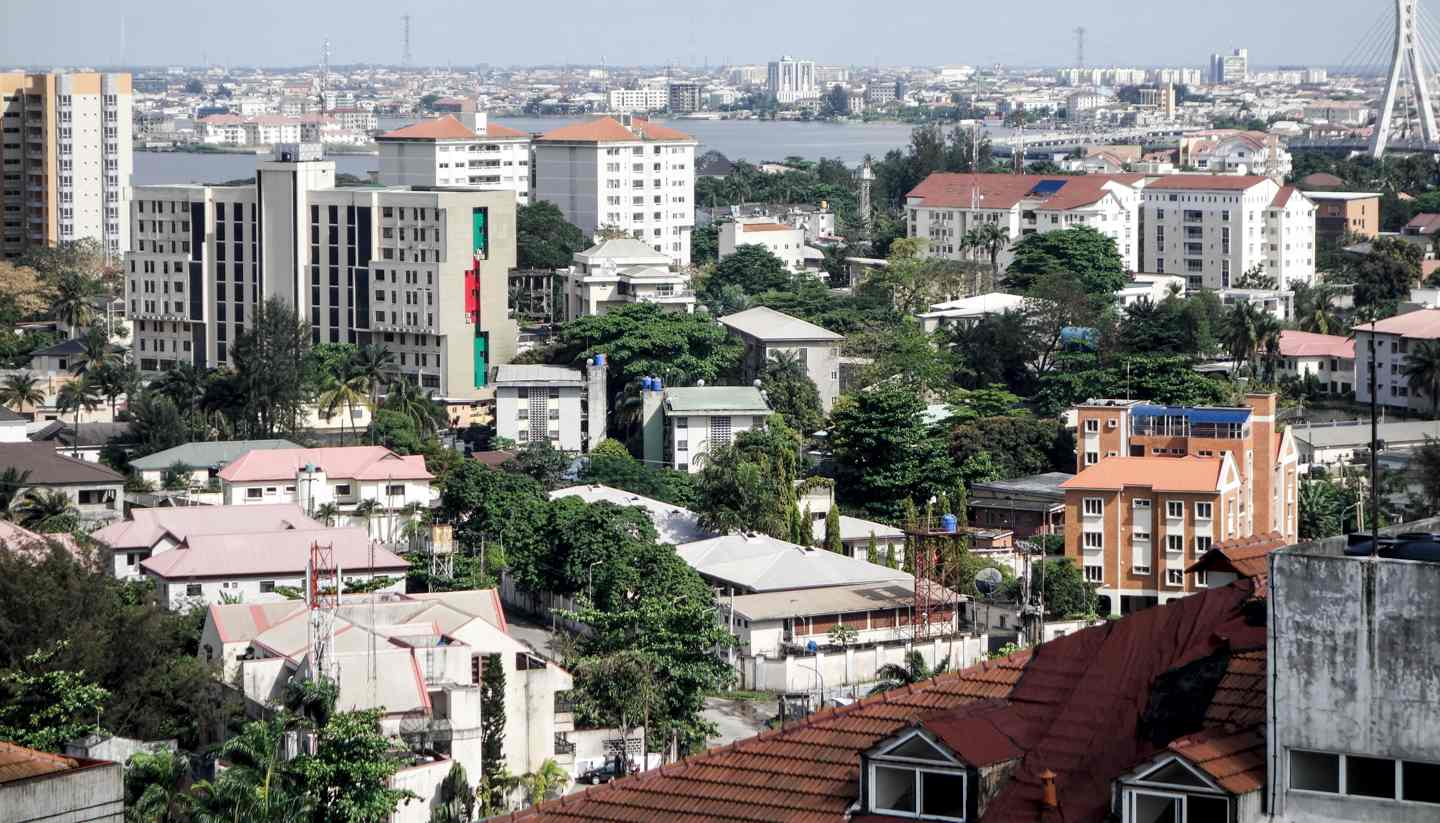Nigeria History, Language and Culture
History of Nigeria
The states of Kanem and Borno, which flourished on the shores of Lake Chad from about AD 10 onwards, were the first imperial states in the region, founded on control of trans-Saharan trade routes. In the 15th century, the Portuguese began trading but, by the end of the 19th century, the British had conquered present-day Nigeria. Full independence was achieved in 1960, but ever since the country has endured numerous changes of government and Nigeria's army has chosen to intervene on several occasions to thwart a perceived threat.
The greatest crisis came about in the mid-1960s, when the eastern part of the country – styling itself the Republic of Biafra – attempted to secede. A three-year civil war followed at the end of which the secessionists were defeated and up to 30,000 people of Ibo origin were dead. General Murtala Mohammed overthrew the government in 1974 but was assassinated in 1976 and replaced by army chief of staff General Olusegun Obasanjo.
A series of coups and attempted coups followed, until elections in 1993 were won by Moshood Abiola, a former publisher who had been put up as a purely token opposition candidate. The military annulled the elections and returned the country to military rule.
Sani Abacha emerged as the new military strongman and, over the next five years, presided over an increasingly oppressive regime that attracted particular criticism for its treatment of the Ogoni people. After their leader, the renowned writer Ken Saro-Wiwa, was executed along with eight colleagues Abacha suffered increasing diplomatic isolation, including from Nelson Mandela.
Obasanjo returned to power in elections after Abacha's death in 1998 and faced the task of dealing with growing religious conflict that continues to this day. Several northern states adopted strict sharia law in 2000 and in 2002 more than 200 were killed after Muslim outrage over the planned Miss World beauty pageant in Kaduna.
After 2007 oil production began to soar although clashes between Muslims and Christians intensified as Goodluck Jonathan was elected president in 2010, with a spate of deadly Christmas Day attacks killing at least 40 in 2010. Boko Haram militants claimed responsibility for the deaths of thousands in the next few years, and a state of emergency was declared in three northern states in 2013. The attacks continued into 2014, when Nigeria overtook South Africa as Africa's biggest economy.
Did you know?
• In the 2014 ebola outbreak Nigeria was the first country to eliminate the threat.
• Nigeria is Africa’s most populous country.
• Fela Kuti, perhaps the best known musician to emerge from Nigeria, is widely credited with pioneering the fusion of local styles with American jazz and soul to produce Afrobeat.
Nigeria Culture
Religion in Nigeria
50% Muslim (mainly in the north and west of the country), 40% Christian (mostly in the south) and 10% traditional beliefs.
Social Conventions in Nigeria
Shaking hands with everyone is customary on meeting and departing. In Yorubaland, it is a sign of respect for women to curtsey when introduced and to enquire after relations, even if this is a first meeting. Unless the visitor knows someone well, it is unusual to be invited to a Nigerian's home. Most entertaining, particularly in Lagos, takes place in clubs or restaurants. A small gift of appreciation is always welcome and business souvenirs bearing the company logo are also acceptable. Casual wear is suitable and a lightweight suit and tie are only necessary for businesspeople on formal meetings; on most other occasions men will not need to wear a jacket, although a tie might be expected.
Women should dress modestly, and respect local customs regarding dress, particularly in the Muslim north. It is inadvisable for women to wear trousers. There are over 250 tribes in Nigeria, the principal groups being the Hausa in the north, the Ibo (or Igbo) in the southeast and the Yoruba in the southwest. The larger of the minor groups are the Fulani, Idoma, Igala, Igbirra, Kanuri, Tiv and Nupe in the north; the Efik, Ekoi, Ibibio and Ijaw in the east; and the Edo, Itsekiri, Ijaw and Urhobo in the west. A result of this ethnic variety is the diversity of art, dance forms, language, music, customs and crafts. Nigerians have a very strong sense of ethnic allegiance.
Language in Nigeria
The official language is English. A variation of English (Pidgin English) is also spoken. The three main Nigerian languages are Yoruba, Ibo (also spelt Igbo) and Hausa; another 400 languages are also spoken in the country.


